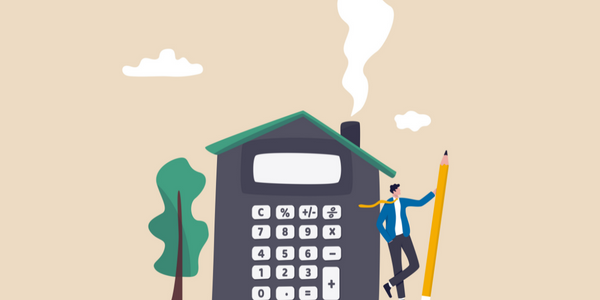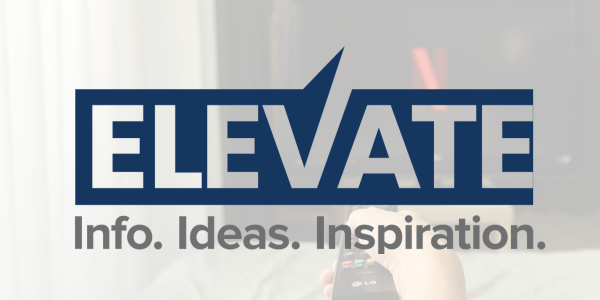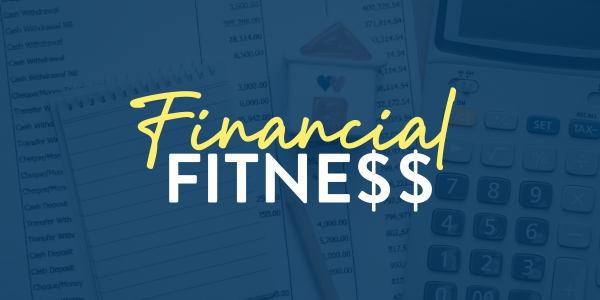
A debt consolidation refinance may let you kill two birds with one stone. It can allow you to achieve a lower interest rate on your debt while streamlining all your monthly payments into one. You’ll essentially consolidate debt obligations and roll them into your mortgage, but at a much lower interest rate. The result is a single payment at a lower interest rate: your monthly mortgage payment.

How It Works
A debt consolidation refinance allows you to pay off high-interest credit card debt, medical bills, student loans, and any other loan balances you carry.
You do this by borrowing a larger amount than what you owe on your home in the form of a refinance using your home equity. You can then use the difference between what you borrow and what you owe to pay off debt.
You can opt for a cash-out refinance as long as you have at least 20% equity in your home. You’ll also have to qualify for this program. Lenders will look at your credit score, job history, and debt-to-income ratio, among other factors, just as they would if you were buying real estate.
Lenders also look at the amount of equity you have in your home, typically by requesting a home appraisal. They do this to ensure that your home is worth more than the amount you’re requesting to borrow and that you will have some equity remaining after you pull cash out to pay off your debt.
Options for Paying Off Debt
Cash-out refinance
This is typically a good option for homeowners with high loan balances and a good amount of home equity.
The new loan will pay off the initial mortgage, while the remaining funds will pay off debt. The lender will either pay that debt directly in a lump sum or give the borrower the cash to pay it off themselves.
Even if your current interest rate on your mortgage is low, this option could save you more. Combining high variable interest rate debt into one fixed-rate payment can save you money every month. It can also save you money in the long run.
Rate and term refinance
A rate and term refinance is exactly what it sounds like. The new loan comes with a lower interest rate and a longer term, maybe even starting over with a new 30-year mortgage.
This is a great way to combat high interest rates, especially if those rates have made it difficult for you to make your monthly mortgage payments.
You can then use the extra cash you’re not paying toward your mortgage payment to help pay down your outstanding loan amounts associated with high-interest credit cards, medical bills, and other loan balances.
Home equity line of credit (HELOC)
A HELOC allows you to borrow against the equity in your home without changing the rate and term of your current mortgage. This is a terrific idea if you closed your loan at a great rate but still need to access your equity.
You can use the amount you borrow for several things, such as home improvements or paying off higher interest debt. A HELOC works differently from a regular mortgage in that you pay only as you use it.
The Advantages of Refinancing
There are some big advantages when you refinance your mortgage. You can pay off high-interest debt, often in a shorter period of time. Your credit score will also benefit, as it can grow as your debt shrinks.
You can also put the money you save with your new lower interest rate toward your debt payment efforts. This allows you to pay off these loan balances even faster.
One of the biggest advantages to knocking down this debt is the fact that it will give you some breathing room. Consolidating debt opens your credit cards back up, providing a cushion in case of emergencies.
Speaking of emergencies, you can also use the money you’re saving every month to build up your rainy-day fund. That way you will have cash on hand for larger purchases and won’t have to rely on credit cards in the first place.
And let’s not forget about convenience. Every loan amount has a different due date, interest rate, and balance. By consolidating your debt, you can simplify the process of paying it off. You will have just one payment at an interest rate that’s much more favorable than high-interest credit cards.
You may also want to consolidate some of your credit card accounts once you pay off this debt.
Things to Consider Before You Refinance
Of course, since you’ll be borrowing more than your current mortgage balance, your monthly mortgage payments will be higher. When you’re thinking of the pros and cons of debt consolidation refinance, think of it this way: Yes, your monthly mortgage payments will be higher, often by a few hundred dollars. But with a lower interest rate and only one payment to make, the savings can outweigh the cost.
Still, you need to make sure this is a monthly payment you can afford. A debt consolidation loan will also mean you’re paying more mortgage interest over the life of the loan. But, again, you have to weigh that against your high-interest credit cards. And you cannot deduct mortgage interest tied to your other outstanding debts.
Another thing to consider is how long you are planning to stay in your home. A debt consolidation refinance can make sense if you’re planning to stay for a while. But if you’re not, you’ll have less equity in your home when you decide to sell, which means less money in your pocket.
This new loan will likely be for a 30- or 15-year repayment period, so you’ll want to make sure you’re comfortable with its terms.
A cash-out refinance also comes with fees. Closing costs will typically amount to between 2% and 6% of your loan.
If you’re consider pulling equity out of your home to payoff high interest debt, click here for some tips and things you should consider first.
If you’re struggling with mounting debt and you own a home, now may be the time to put your home equity to work for you. Debt consolidation can help you pay down high-interest credit cards, medical bills, and other loan balances and provide financial relief today.
If you would like to connect with an APM Loan Advisor in your area to review your options, click here.
*Refinancing may result in finance charges that may be higher over the life of the loan. Consult with your loan advisor for details.







